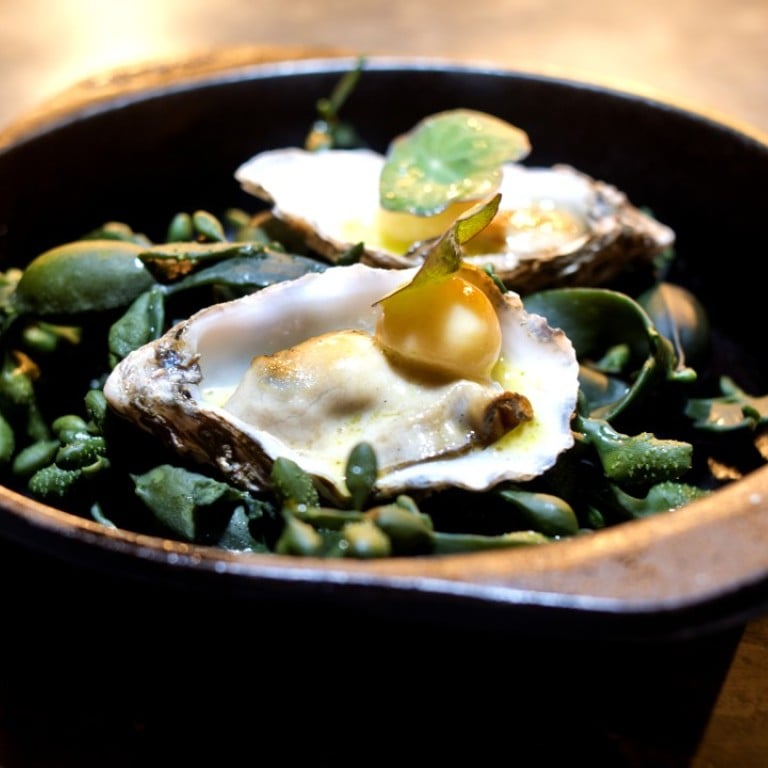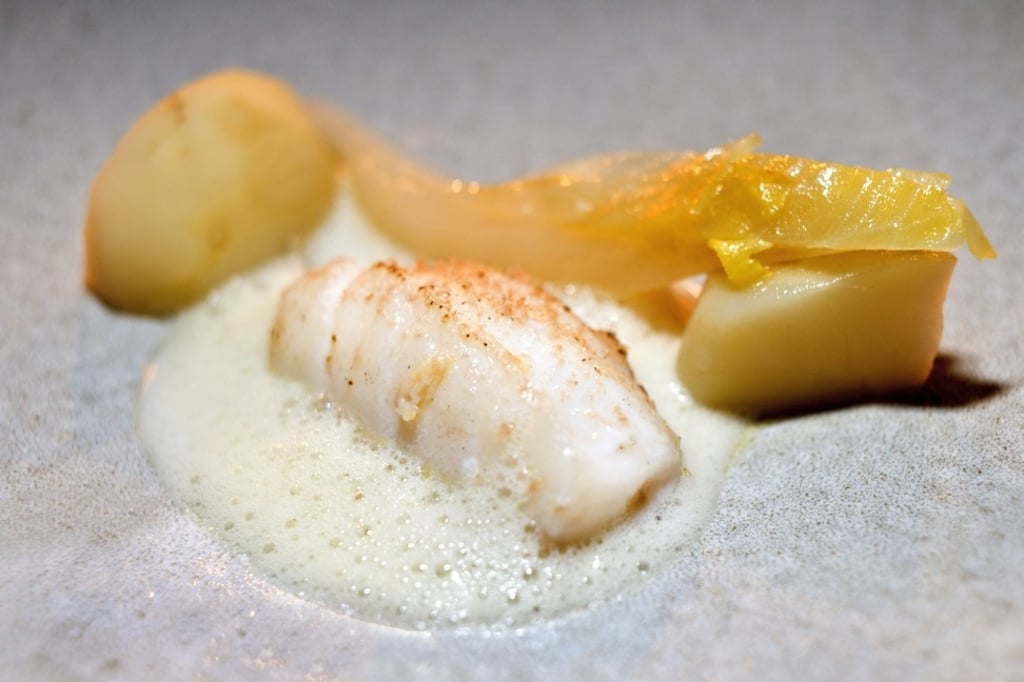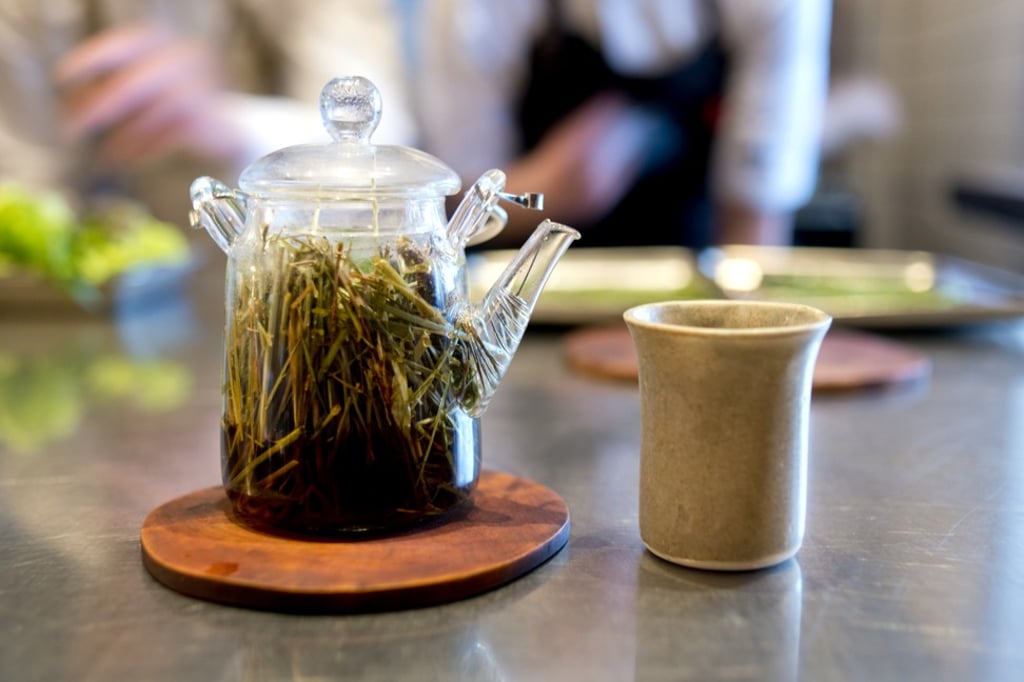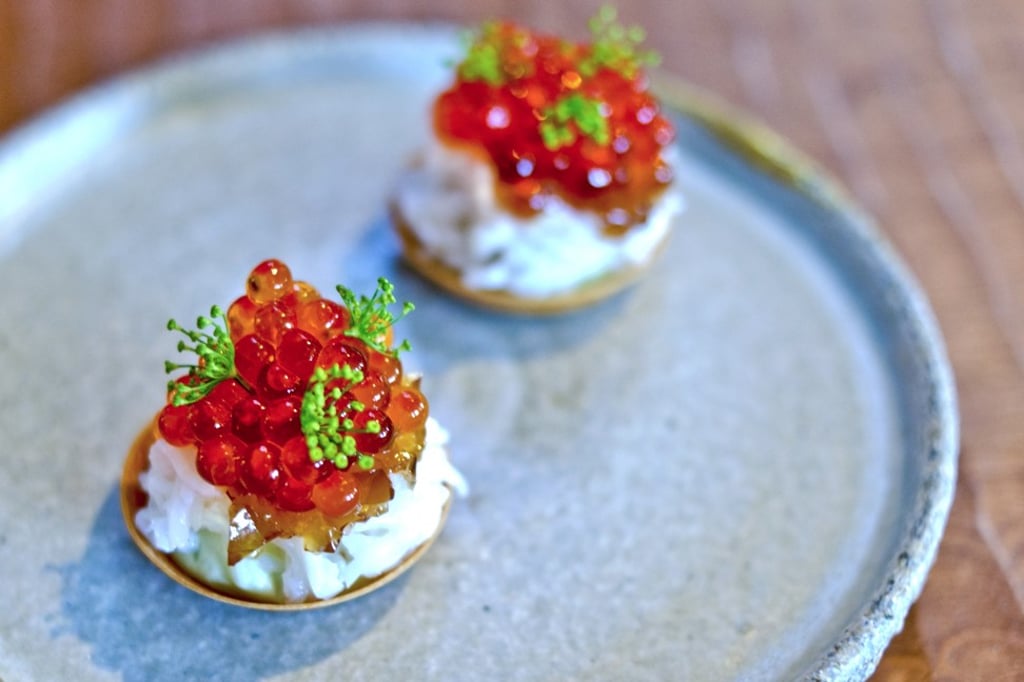How top chefs in Stockholm are taking sustainability to the next level

Chefs in Europe’s most ecological city – working at top restaurants like Frantzén, Agrikultur, Ekstedt, Volt and Oaxen Slip/Krog – are using sustainable ingredients and leftovers to create delicious dishes
When Stockholm received the European Green Capital award from the EU Commission in 2010, it became a role model for other cities looking to improve their standards, and earned its place as Europe’s most ecological city – and it is not difficult to see why.
The city currently has the highest rate of organic food consumption in Europe. It also leads the way in recycling drinks cans and bottles, and is blazing a trail in the use of energy from sustainable sources (all trains and inner city buses run on biofuels). Ninety-five per cent of the population live less than 300 metres from green areas, and the city is working towards becoming fossil fuel-free by 2050.
This green movement has been rubbing off on visionary chefs, inspiring an all-embracing attitude towards sustainability. More chefs are now sourcing organic produce, buying locally, putting plant-based dishes front and centre and adopting sustainable practices in their restaurants, and are also finding new approaches to minimising food wastage – and are doing so in innovative ways and with delicious results.
“Stockholm is one of the most sustainable dining cities in the world, on a par with Copenhagen and Oslo,” says Lars Peder Hedberg, publisher of the White Guide, which has been awarding the Sustainable Gastronomy Awards since its inception in 2005. Last year, the leading restaurant guide in the Nordic region introduced two new awards to “recognise sustainability efforts at every step in the food chain” – a pre-plate award focuses on sourcing initiatives, and a post-plate award honours efforts to reduce waste and by-products of food consumption.
“Sustainability requires a holistic approach that covers sourcing, the restaurant’s own operations as a whole [including staff policies and the sort of energy used] and how the restaurant deals with the remnants of the meal and the whole operation,” adds Hedberg, who says that top chefs in Stockholm are “doing a great job” at promoting sustainability. “They understand the impact they have ... not only through their own operations but also as role models and influencers.”
While many restaurants around the world talk about reducing food waste, in Stockholm, the chefs take concrete steps.


